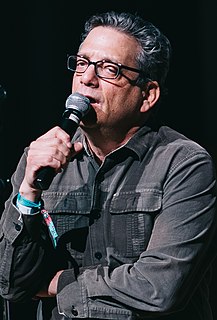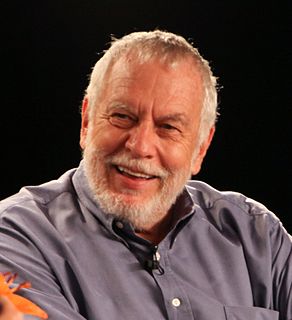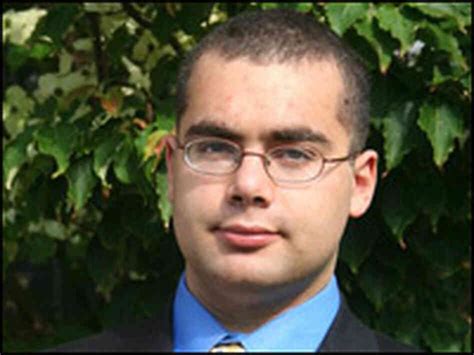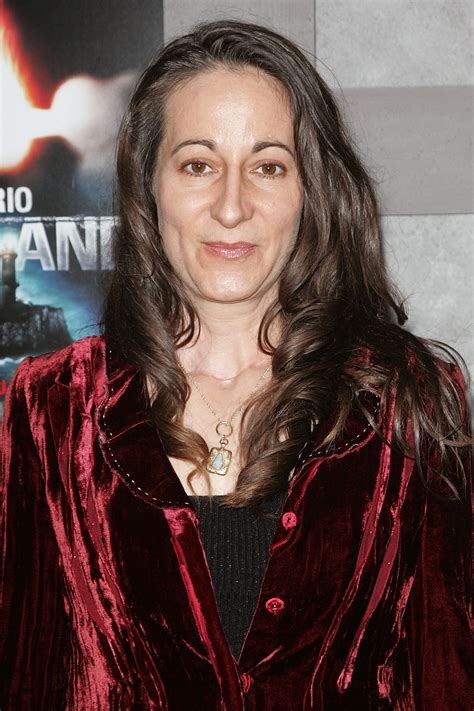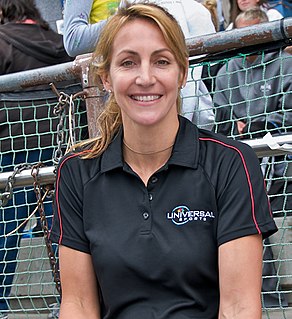A Quote by Katie Uhlaender
The key to skeleton is to find the line, and I think I spend most of training figuring out where that sweet spot is.
Related Quotes
Yeah? Can you draw a skeleton riding a motorcycle with flames coming out of it? And I want a pirate hat on the skeleton. And a parrot on his shoulder. A skeleton parrot. Or maybe a ninja skeleton parrot? No, that would be overkill. But it'd be cool if the biker skeleton could be shooting some ninja throwing stars. That are on fire.
In America we've spent over a billion dollars on autism research. What have we got for that? We've not seen anything that's appreciably impacted the quality of life of autistic people, regardless of their place on the spectrum. Quite frankly, we've spent $1bn figuring out how to make mice autistic and we'll spend another $1bn figuring out how to make them not autistic. And that's not what the average person wakes up in the morning aspiring to. They think: am I going to be able to find a job, to communicate, to live independently, either on my own or with support? Those are the real priorities.
Instead of thinking in terms of chords, I think of voice-leading; that is, melody line and bass line, and where the bass line goes. If you do that, you'll have the right chord. [These voices] will give you some alternatives, and you can play those different alternatives to hear which one suits your ear. Keep the bass line moving so you don't stay in one spot: if you have an interesting bass line and you roll it against the melody, the chords are going to come out right.
When I was training for the Chicago Marathon, I would eat a cup of cereal after an 18-mile long run, and then I'd have to get out the door with nothing but a granola bar in my hand. I can't change my busy schedule with my kids, but I can work harder to improve in this area. I think it's a part of training that most of us find difficult.
Right after the draft, when I came out to Oakland, there was a press conference and a dinner with the owner, GM, and Coach Nelson. We did some sightseeing and some house searching the next day, but to be honest, I had no idea what I was doing. I tried to find a spot close to our gym, because I figured that's where I'd spend most of my time.

